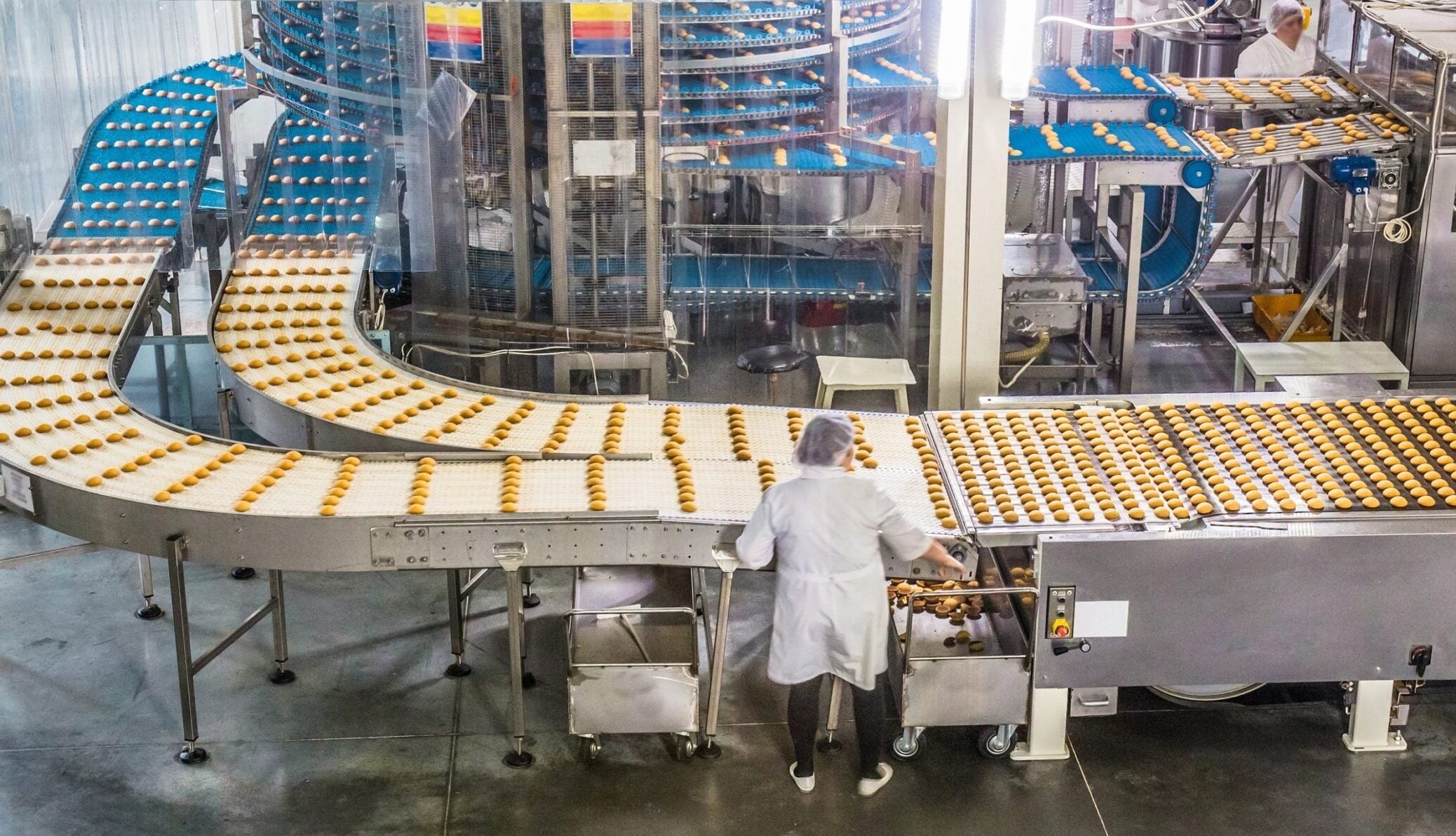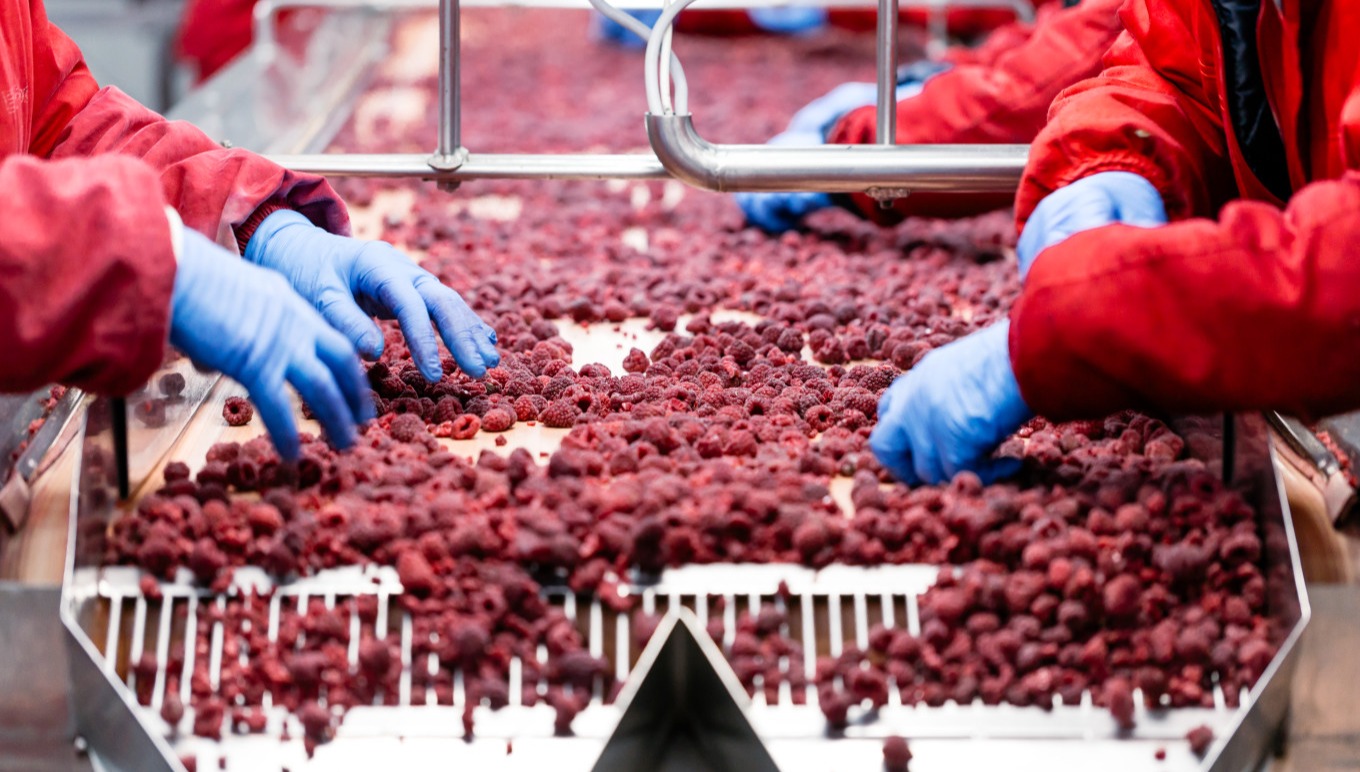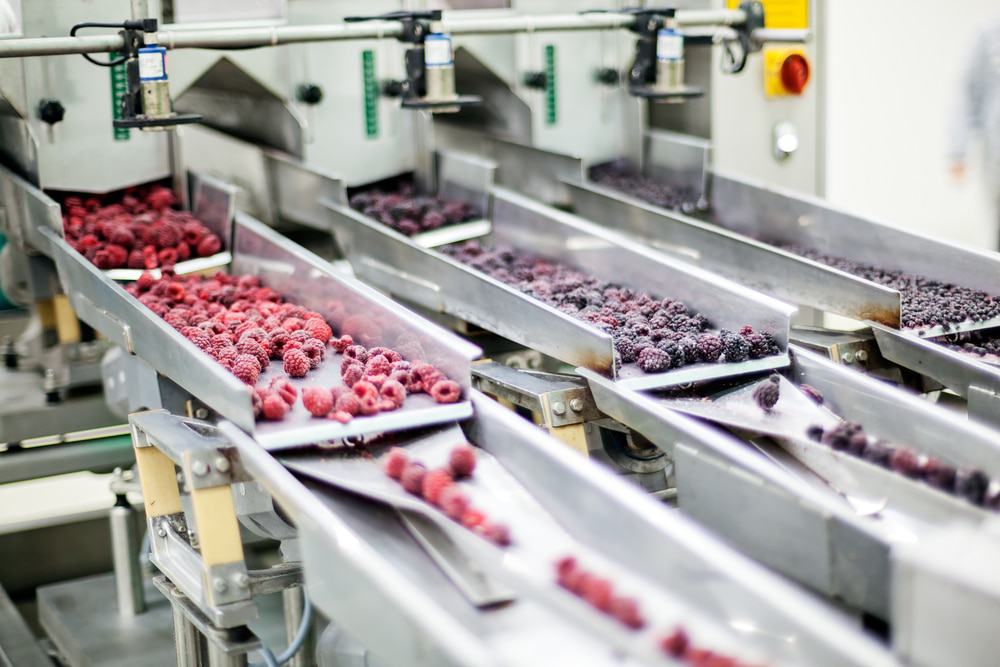Checking Out the Affordable Benefits of Contract Food Manufacturers in Australia
The food sector in Australia has actually been undertaking a significant transformation in recent years. A popular trend is the expanding dependence on contract food manufacturers. These specialized companies play a pivotal role in producing, product packaging, and also distributing food for other brand names. As services aim to simplify their procedures, decrease expenses, and also concentrate on their core proficiencies, the benefits of partnering with contract food manufacturers have ended up being increasingly evident. In this extensive write-up, we will certainly delve much deeper into the one-upmanship of contract food manufacturing in Australia.
Contract Food Manufacturing
Contract food manufacturing has become a keystone of the Australian food industry. These companies bring an one-of-a-kind set of advantages to the table, benefiting both brand names as well as consumers alike. Let's discover the vital elements of contract food manufacturing and how it adds to the industry's competitiveness.
Knowledge as well as Field of expertise
One of the primary benefits of contract food manufacturers is their proficiency and also field of expertise. They have a wealth of understanding, comprehensive experience, and also specialized abilities required to produce a varied selection of food products. Whether it's baking, bottling, freeze-drying, or packaging, these manufacturers are outfitted with advanced centers as well as proficient personnel to effectively deliver top notch products. This know-how makes certain that items are created and created in rigorous accordance with sector standards and regulations, resulting in consistent top quality.
Trimming Costs for Organization Development
Running a food manufacturing center involves considerable costs, consisting of devices, labor, as well as overhead expenses. By contracting out manufacturing to contract food manufacturers, brands can considerably minimize these monetary concerns. Contract manufacturers take advantage of economic situations of range because they produce for multiple clients. This enables them to distribute fixed prices across numerous jobs, leading to substantial expense financial savings that can be handed down to their customers. Moreover, services can sidestep the substantial in advance capital expense needed to develop their manufacturing centers.
Empowering Brands to Grow
Several food brands excel in locations such as product development, marketing, and also sales. By collaborating with contract food manufacturers, brands can dedicate their energy to what they do finest while turning over the manufacturing procedure to the experts. This calculated delegation of tasks empowers companies to innovate, broaden their product, as well as develop more powerful market positioning.
Adapting to Market Changes with Ease
The capability to promptly change production degrees is paramount in a constantly transforming market atmosphere. Contract food manufacturers supply this much-needed scalability by adeptly customizing production quantities to meet need changes. This agility enables brand names to take arising chances and adjust to moving market problems without being impeded by production ability constraints.
Guaranteeing Security and Top Quality
In the food sector, making sure food safety and security and adhering to strenuous governing requirements is non-negotiable. Contract food manufacturers in Australia have comprehensive knowledge of these stringent laws as well as benchmarks. Partnering with these manufacturers allows brands to assure that their items fulfill all legal prerequisites while maintaining outstanding levels of safety and security and quality.
Technology and Personalization
Contract food manufacturers are often at the forefront of industry fads and developments. They can provide valuable understandings and also options that aid brand names stay affordable and pertinent in a rapidly evolving market. Additionally, these manufacturers use personalization alternatives, allowing brands to customize their products to the particular choices as well as needs of their target audience.
Speeding Up Product Launches

Creating and also introducing a new foodstuff can be a time-consuming process. Contract food manufacturers have reputable processes and also plentiful sources at their disposal to expedite the time-to-market for new products. This swiftness is beneficial for catching market possibilities and staying ahead of rivals.
Frequently asked questions
Q1: What exactly is contract food manufacturing?
Contract food manufacturing refers to the method of outsourcing the production, packaging, as well as circulation of food to specialized business. These firms are experts in food production and provide their services to several brand names.
Q2: How can contract food manufacturers reduce costs for companies?

Q3: Are contract food manufacturers furnished to handle regulative compliance?
Yes, contract food manufacturers in Australia have substantial expertise of food safety and security guidelines and industry standards. They ensure that items meet all lawful requirements while keeping high criteria of security and also quality.
Q4: Can contract food manufacturers help with item development and also customization?
Definitely. Contract food manufacturers usually remain updated with industry trends and advancements, and they supply customization choices to tailor products to the distinct preferences and needs of brand names' target audiences.
Conclusion
To conclude, contract food manufacturers in Australia provide a wide range of affordable benefits that enable brand names to concentrate on their core strengths while benefiting from expert production, cost savings, scalability, and conformity. As the food sector continues to develop, the calculated partnership between brand names and also contract manufacturers is poised to become a foundation of success, driving technology as well as growth in this vibrant industry. Contract food manufacturing is not just a fad; it's a pivotal player Contract food production rates in shaping the future of the Australian food sector.
